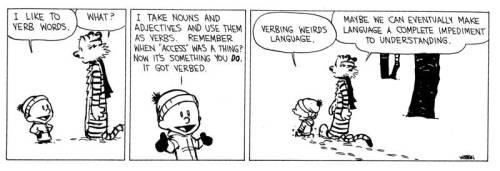I remember one parish family picnic, us kids playing with water balloons in the broiling sun, and Angie jumped into the fray lobbing a green water balloon and then clapping her hands, bouncing up and down and laughing in a tuneless warble, making a joyful noise unto the Lord.
I remember just being delighted to see a grown-up play. She was too deaf to talk to, but she spoke to us that moment in play, the language every kid knows by heart. I was too young to know that this was the moment the grown-ups realized she'd gone senile. Too young to know that the moment of joy marked the beginning of her end.
When I was a teen I worked with kids with developmental disabilities. I loved those kids like crazy, looked up to them. Their disabilities were what they had, not who they were. I never understood parents who treated their children's lives like tragedies. I was still a child, still immortal then, incapable of understanding what it was like to wonder who the hell was going to advocate for my baby when I died. To not be able to see the hope through the suffering.






































